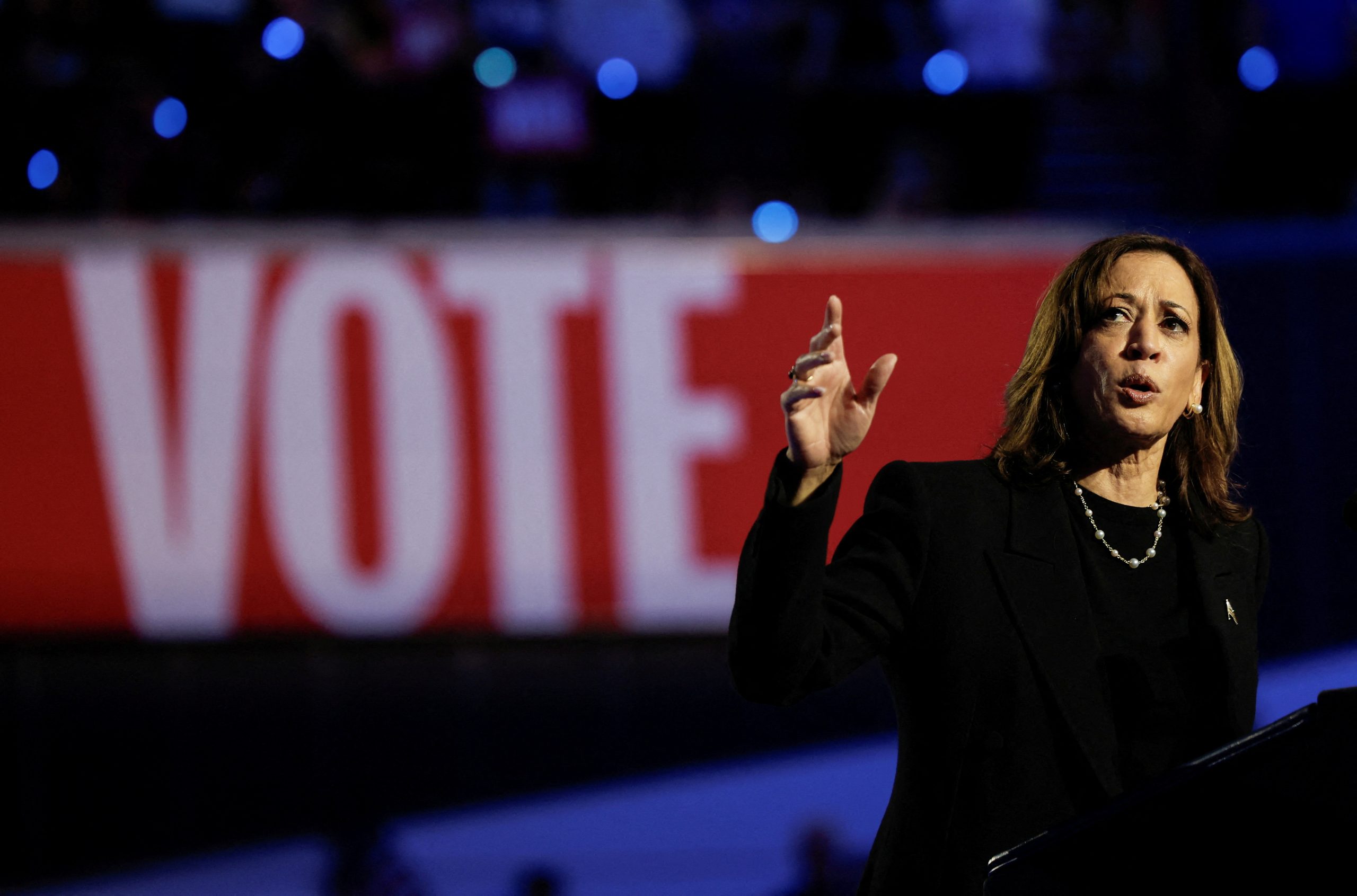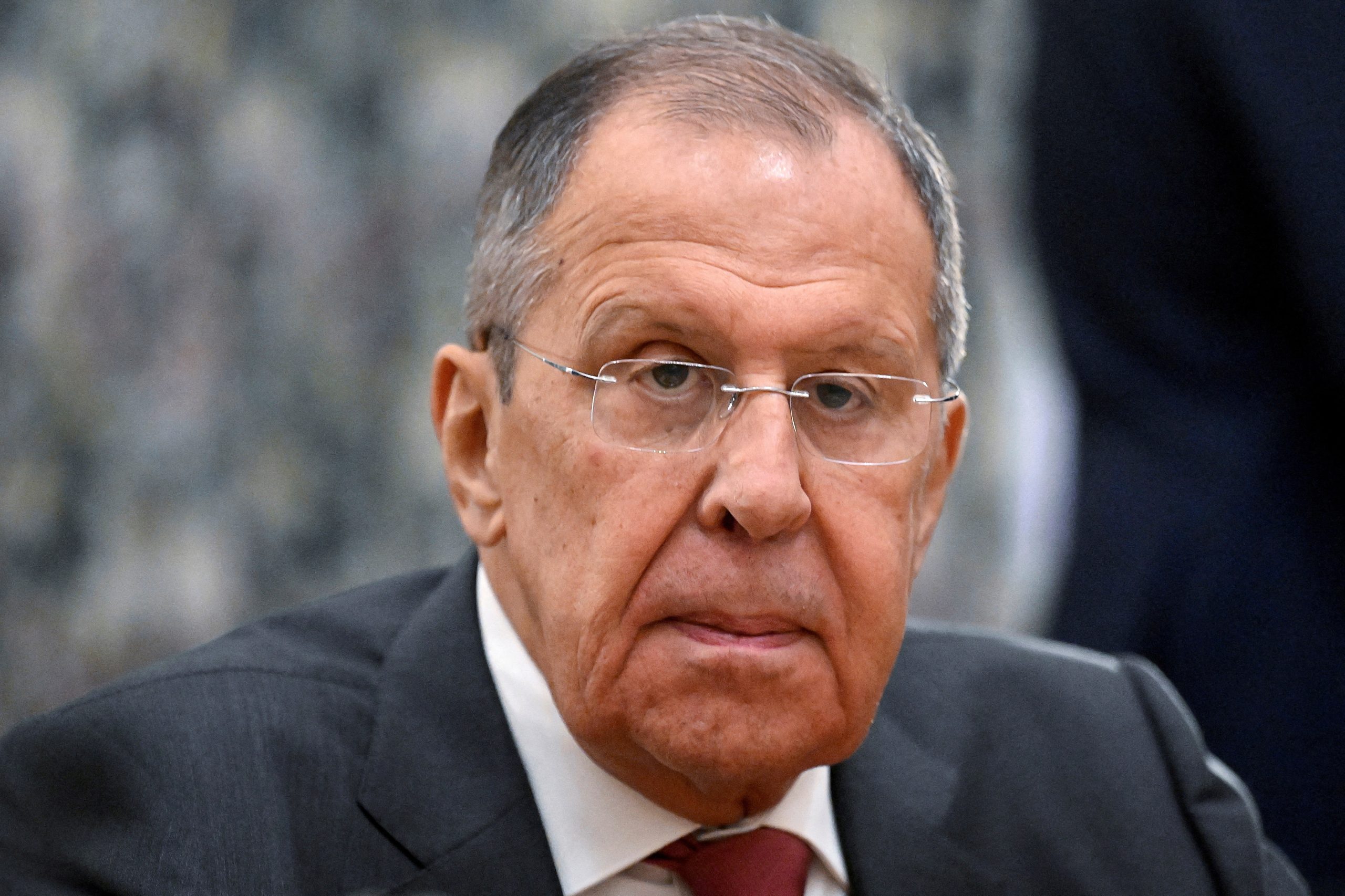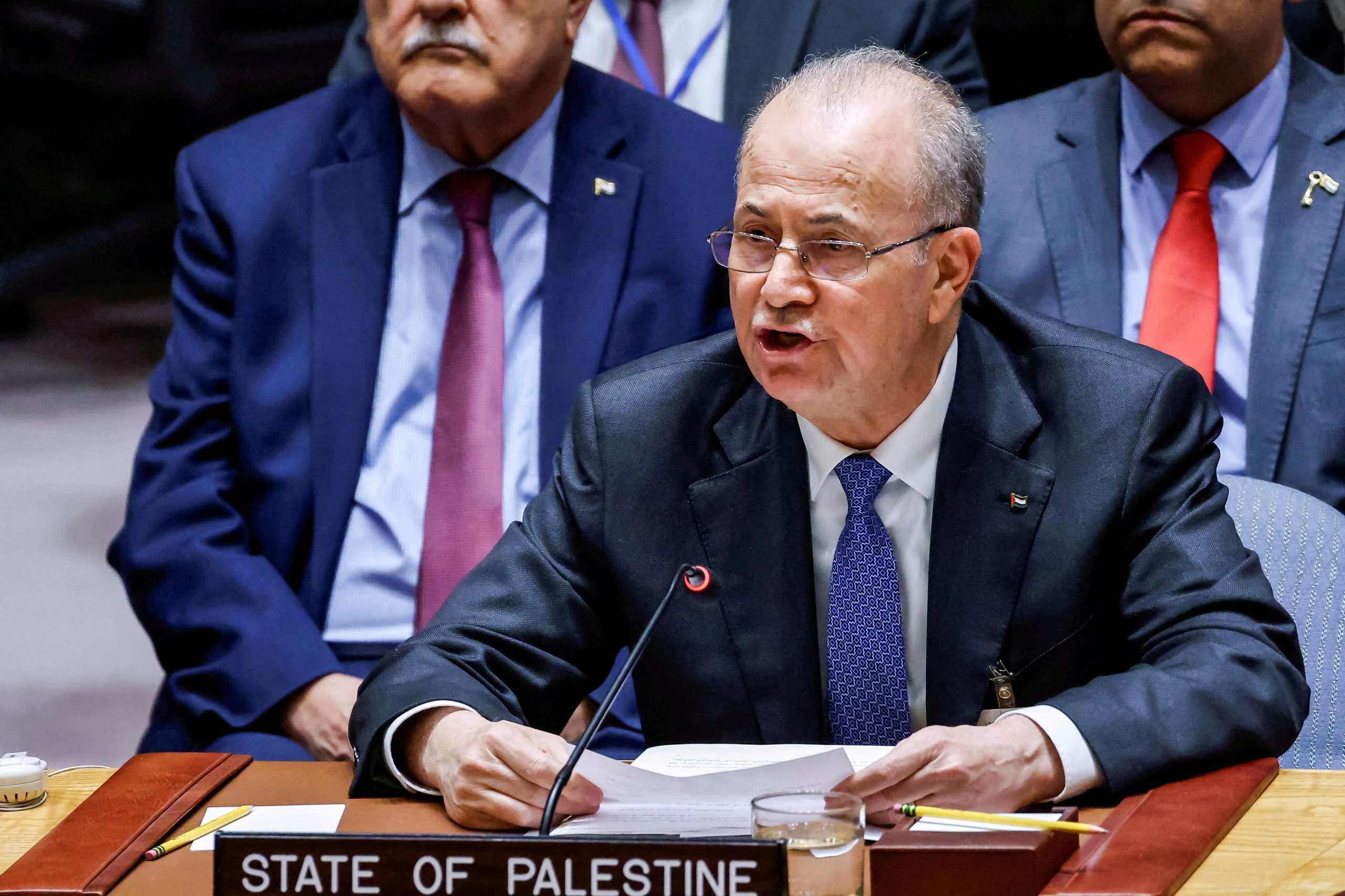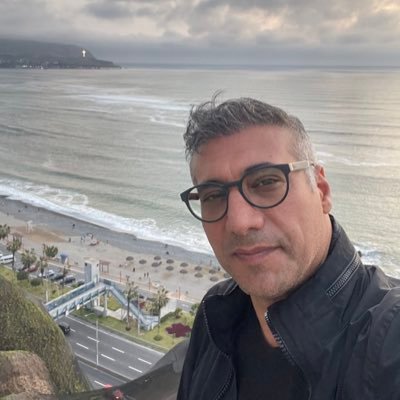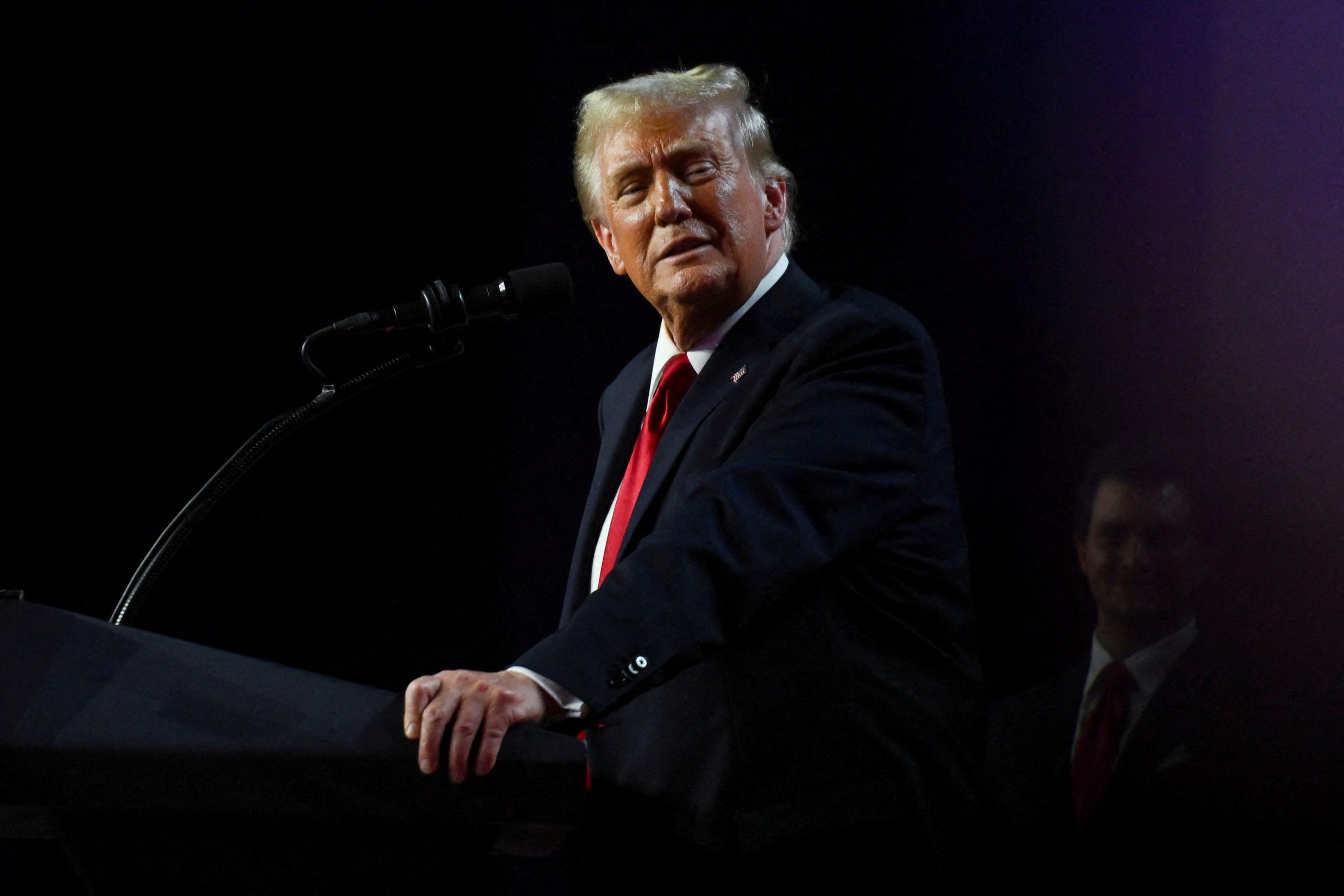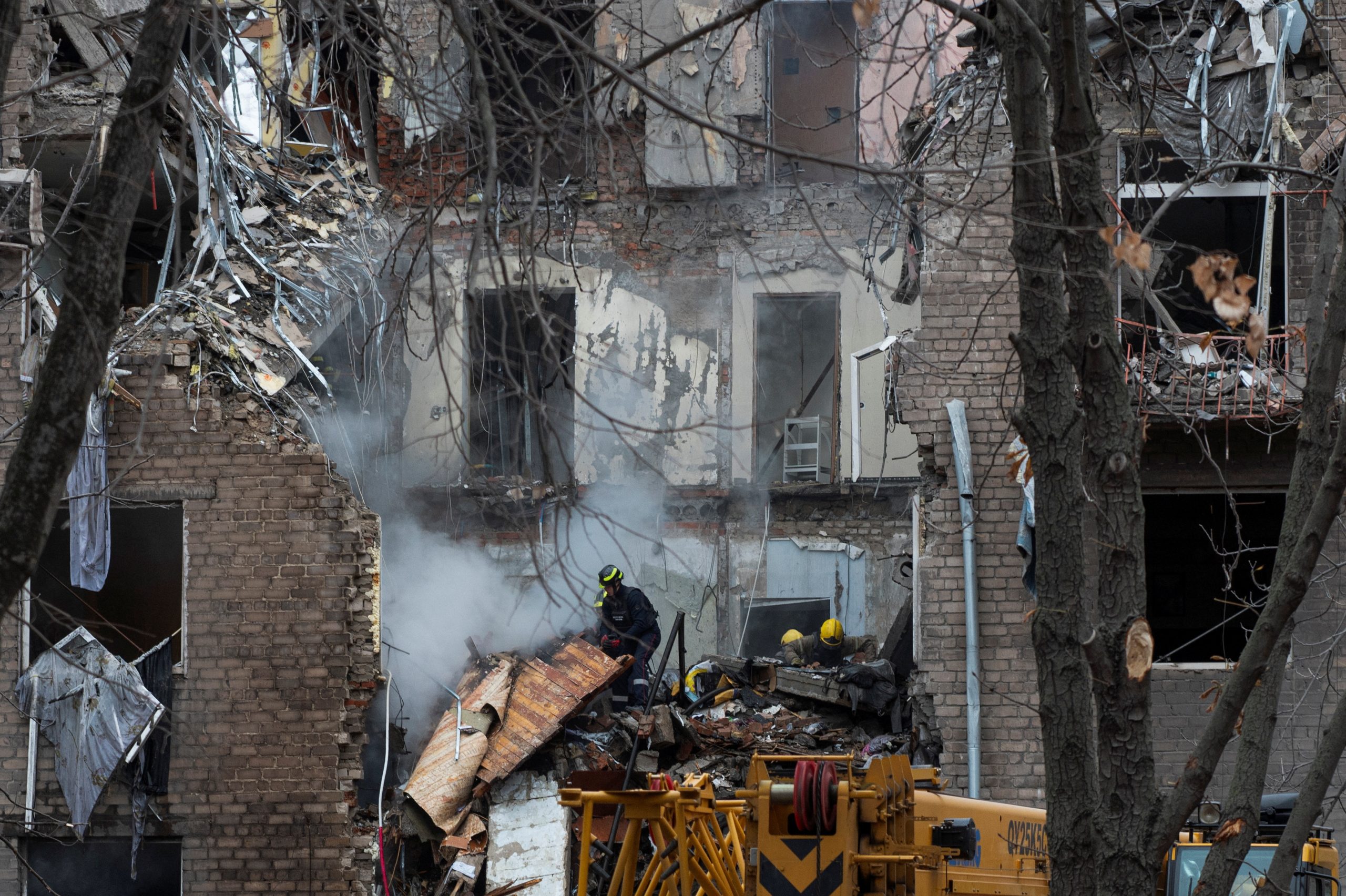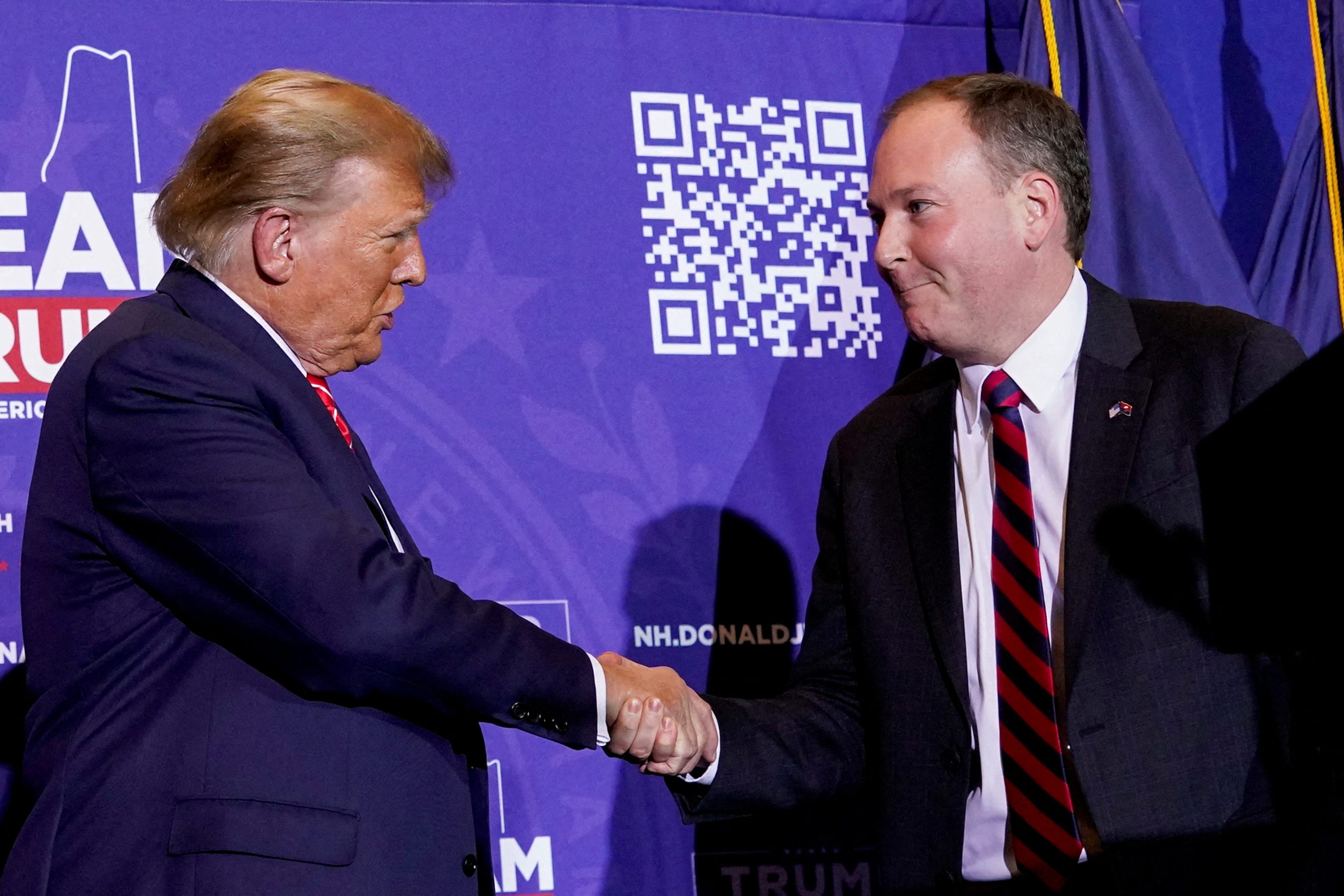Iran has signaled an openness towards a potential shift in U.S. policy under President-elect Donald Trump, following his election victory. Iran’s Vice President for Strategic Affairs, Mohammad Javad Zarif, urged Trump to rethink his previous “maximum pressure” policy on Iran, which, according to Zarif, led to Iran significantly increasing its uranium enrichment levels and expanding its nuclear capabilities.
Zarif, a prominent diplomat who played a key role in negotiating the 2015 nuclear accord with the U.S. and other world powers, criticized Trump’s earlier decision to unilaterally withdraw from the deal in 2018. Following this withdrawal, the U.S. reimposed heavy sanctions on Iran, prompting Tehran to backtrack on its commitments under the accord and ramp up uranium enrichment. Zarif highlighted that Trump’s approach ultimately led to a surge in enrichment levels to 60%, an increase from the 3.5% agreed upon in the 2015 accord, and noted that Iran also expanded its centrifuge program in response.
Reflecting on the consequences of these policies, Zarif urged Trump to “do the math” on the impact of maximum pressure and consider whether it truly served U.S. interests. Iran has repeatedly emphasized that it does not seek nuclear weapons, stating that its nuclear ambitions are strictly for peaceful, civilian uses.
This message comes as Iran hints at a potential reset in U.S.-Iran relations, although its official stance remains cautious. Iran and the U.S. severed diplomatic relations in 1979 after the Iranian Revolution, and tensions have since persisted, particularly over Iran’s nuclear program and regional policies. Trump’s first term saw heightened hostilities, including the controversial killing of Iranian General Qasem Soleimani in 2020, which escalated tensions in the region.
Iran has also expressed strong opposition to Trump’s pro-Israel policies, such as recognizing Jerusalem as Israel’s capital, relocating the U.S. embassy there, and recognizing Israeli sovereignty over the Golan Heights. Given the complex regional dynamics and Iran’s continued non-recognition of Israel, these moves added to the friction between Washington and Tehran.
While Iran hopes for a recalibration of U.S. policy, Zarif’s comments reflect cautious optimism rather than a firm expectation. Iran’s approach suggests a willingness to engage if the U.S. shows a genuine departure from past policies. Meanwhile, Trump, in comments on election day, expressed his desire for Iran’s success but reiterated his opposition to any nuclear ambitions for the country, signaling that nuclear policy remains a core issue in U.S.-Iran relations moving forward.








